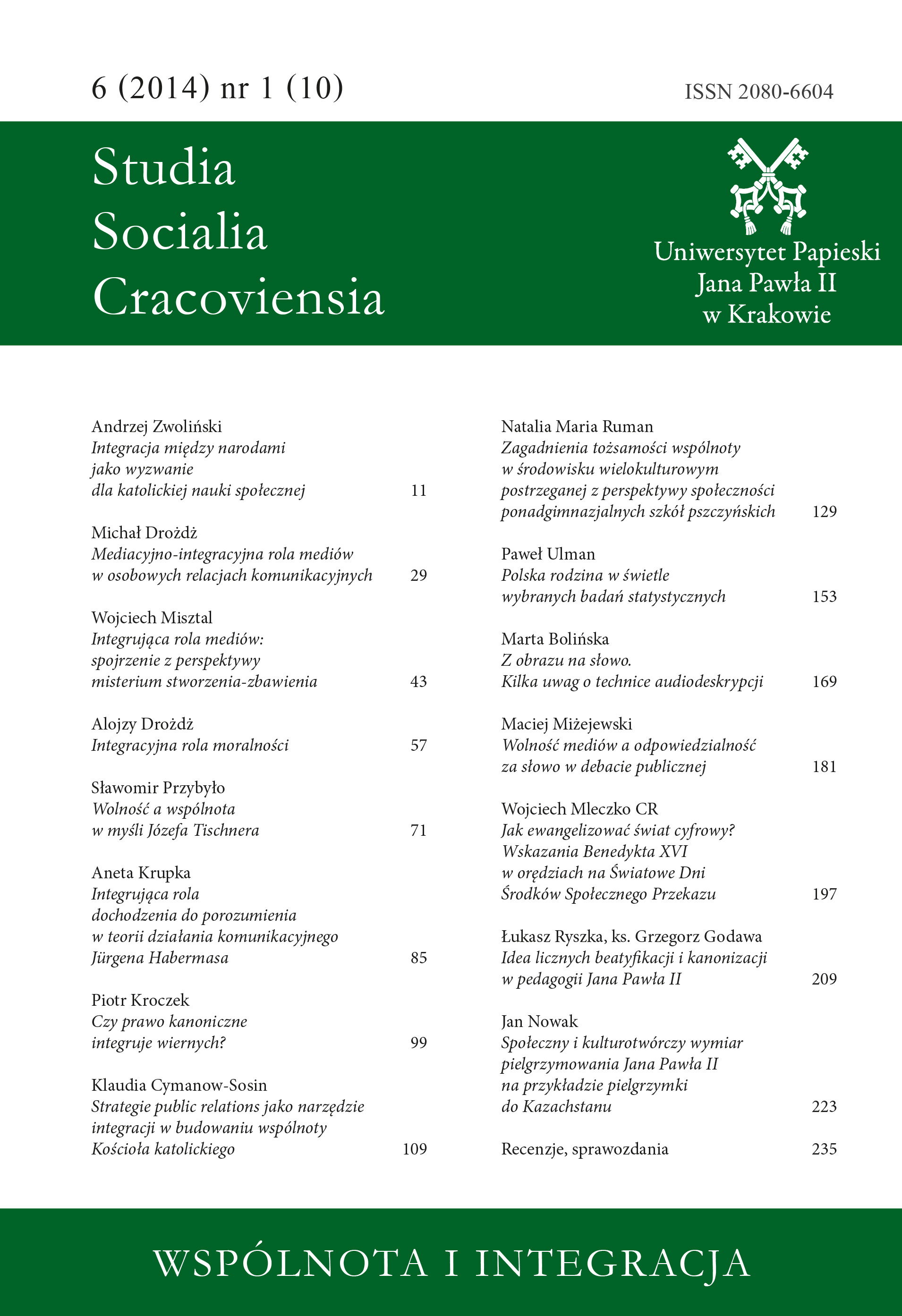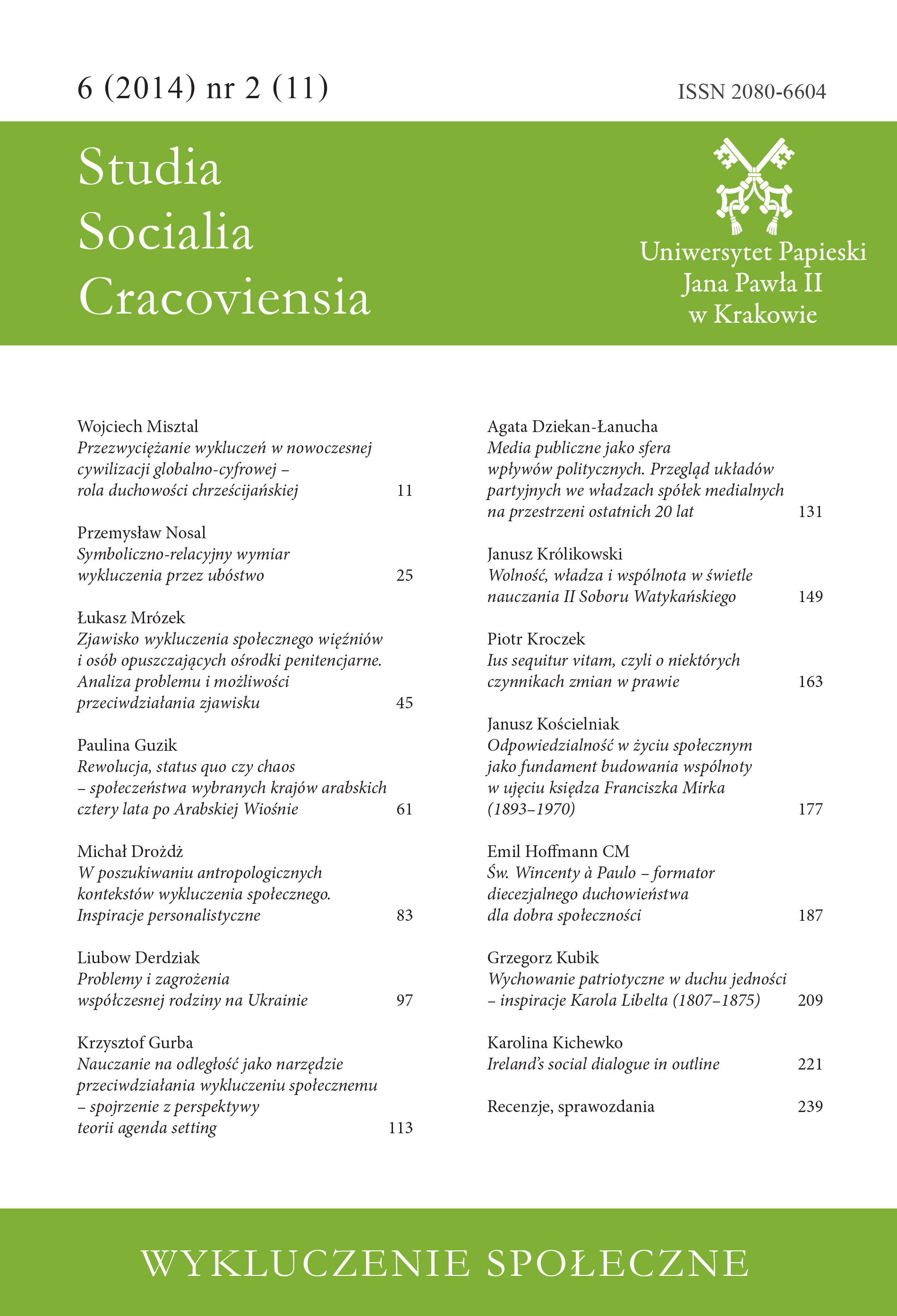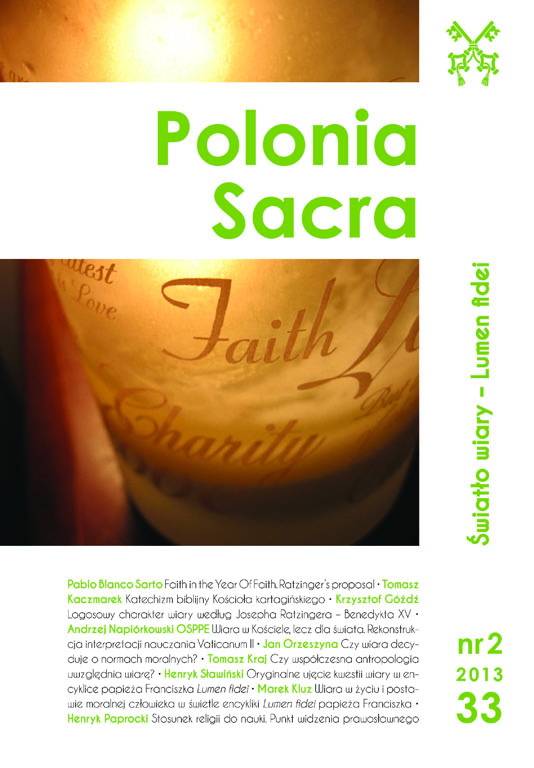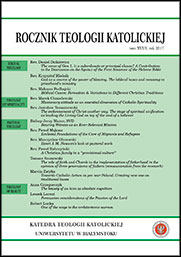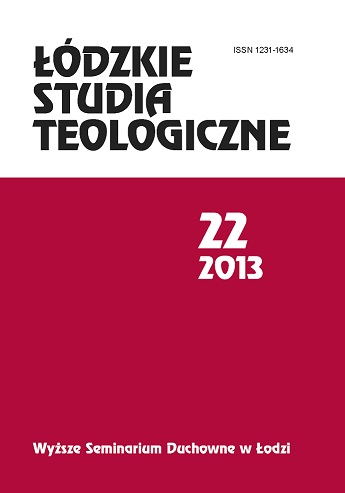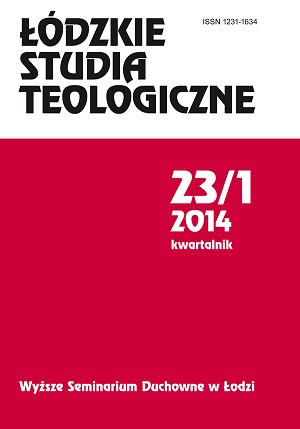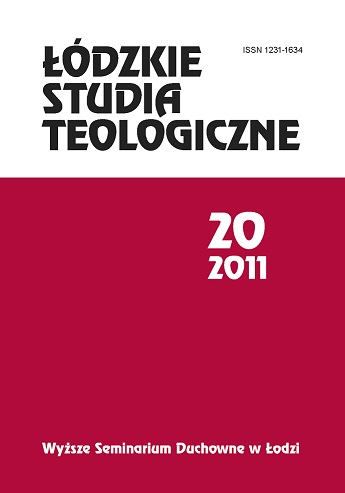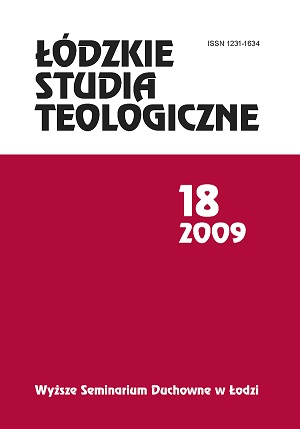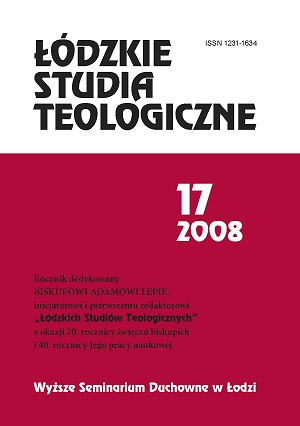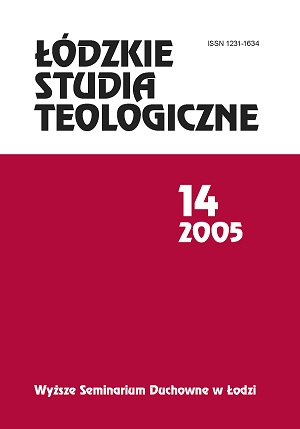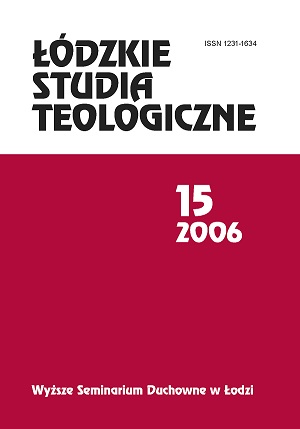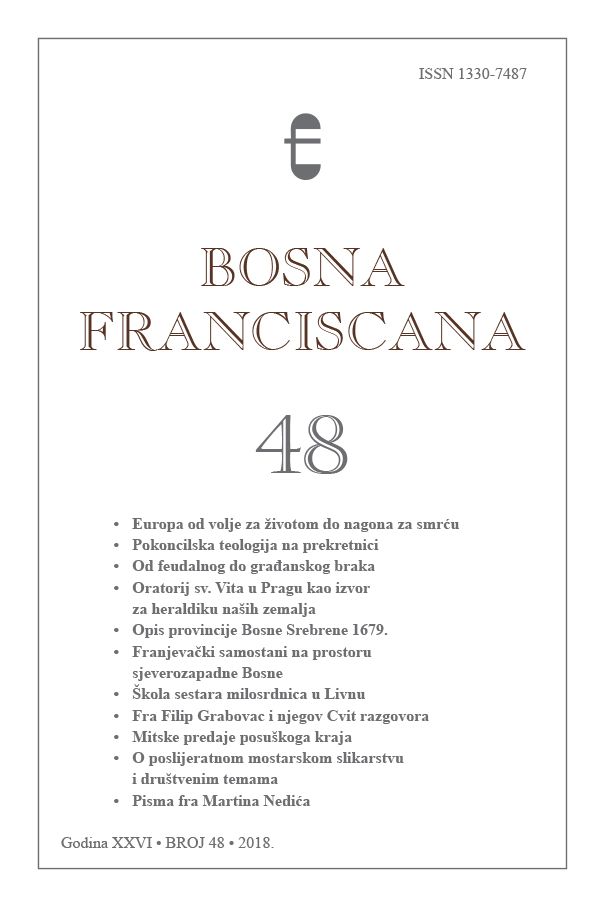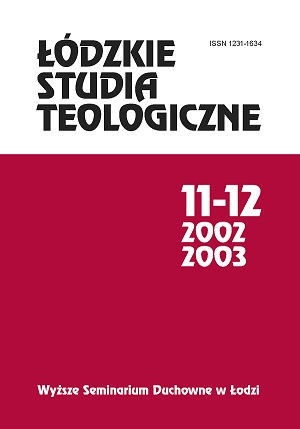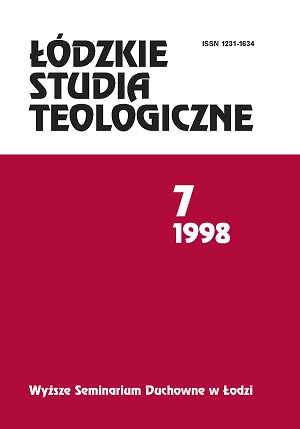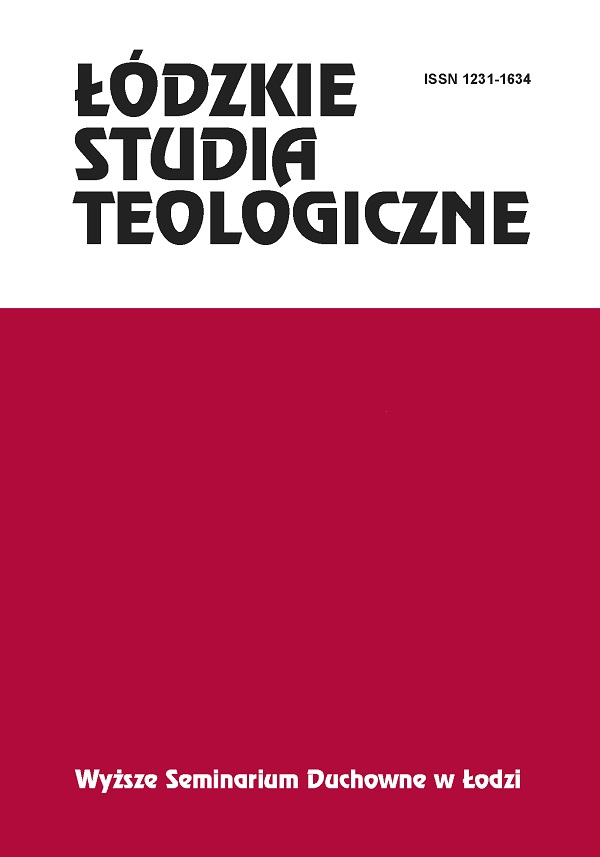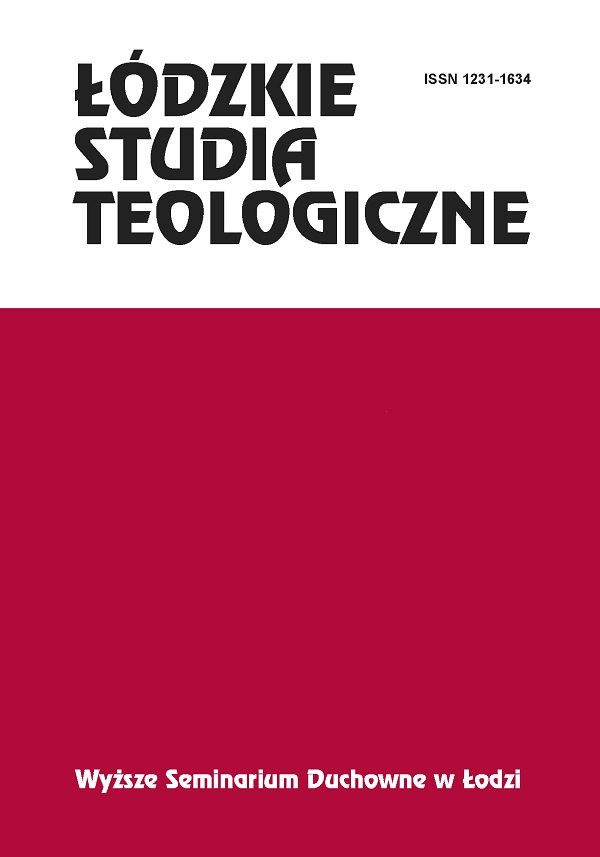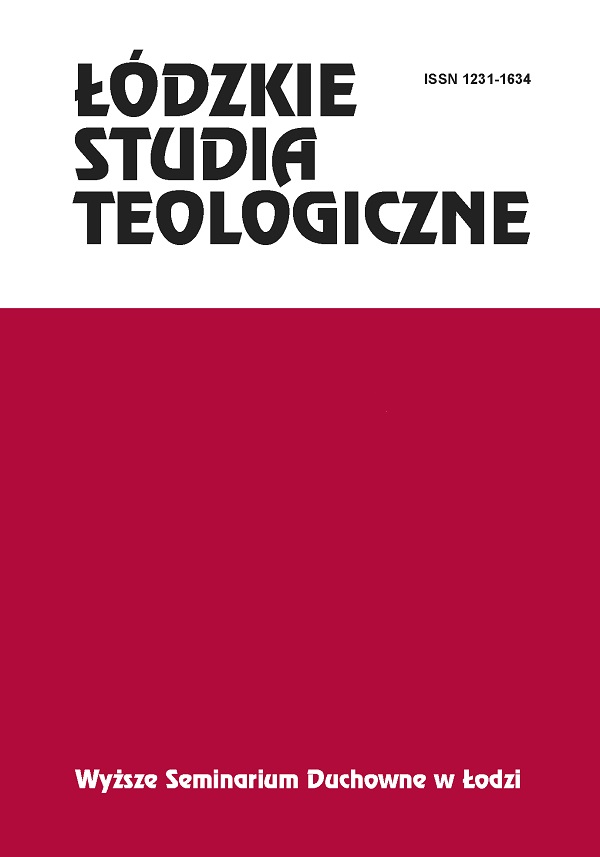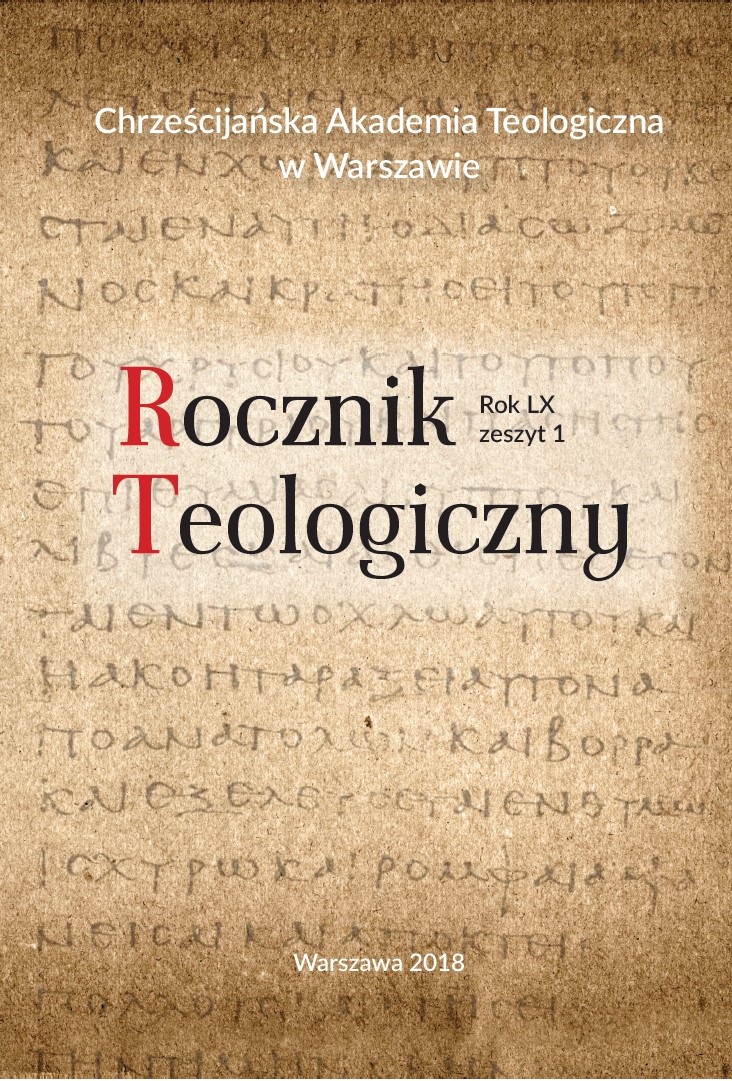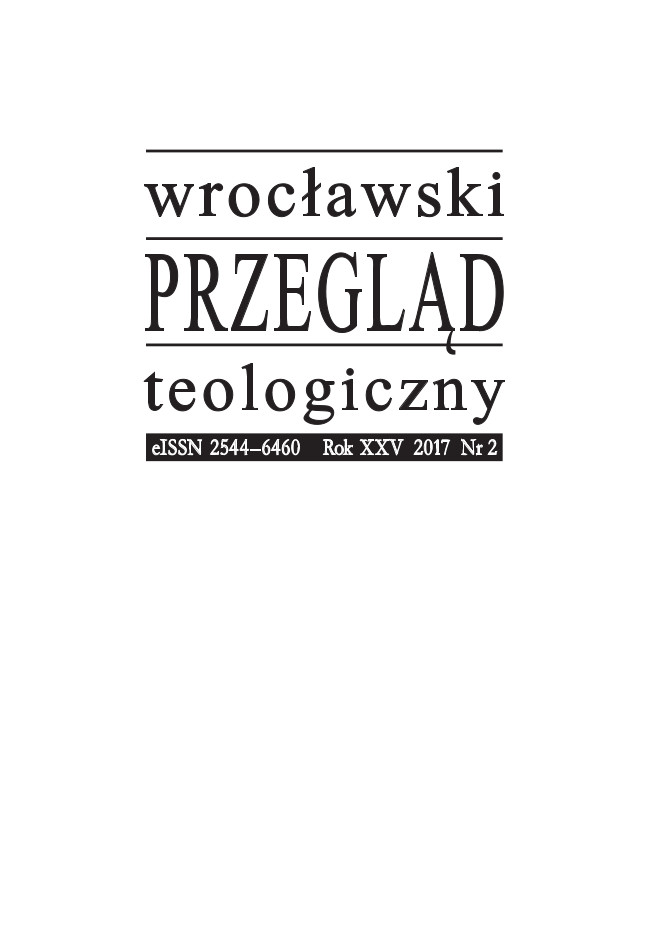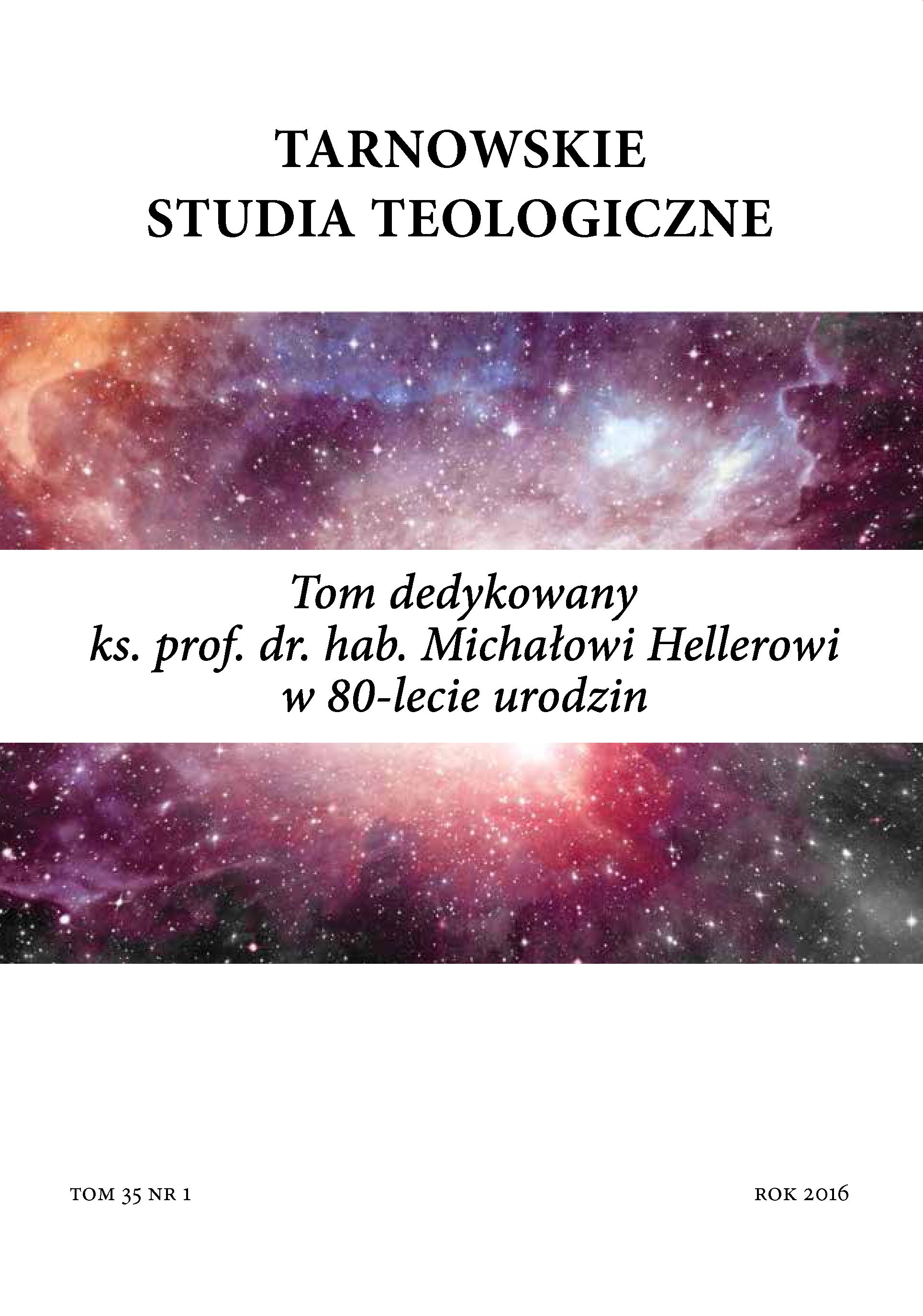
La formazione liturgica nel movimento ecclesiale Luce-Vita in Polonia
Il Movimento Luce-Vita in Polonia e uno tra molti movimenti del rinnovamento della Chiesa di quali ha parlato il Concilio Vaticano II. Il suo obiettivo e pero la liturgia sulla quale si concentra per badare la sua rinascita. Lo scopo di questo movimento e condurre la gente alla maturità cristiana, attraverso la liturgia che e fonte e culmine della vita cristiana. Il movimento propone, dunque, un vasto programma formativo per i fedeli adatto, sia per i laici, sia per i preti che per le persone consacrate, rispettando anche le differenze dell’età. The Light-Life Movement is one of the movements of renewal of the Catholic Church according to the teaching of the Second Vatican Council. It is directed especially towards the renewal of the liturgy. The goal of the Light-Life Movement is to lead people to the maturity of Christian faith through liturgy, because the liturgy is the font and the summit of the Christian life. The Movement offers the formation programmes for the believers of different age and state – lay people, priests or religious.
More...
